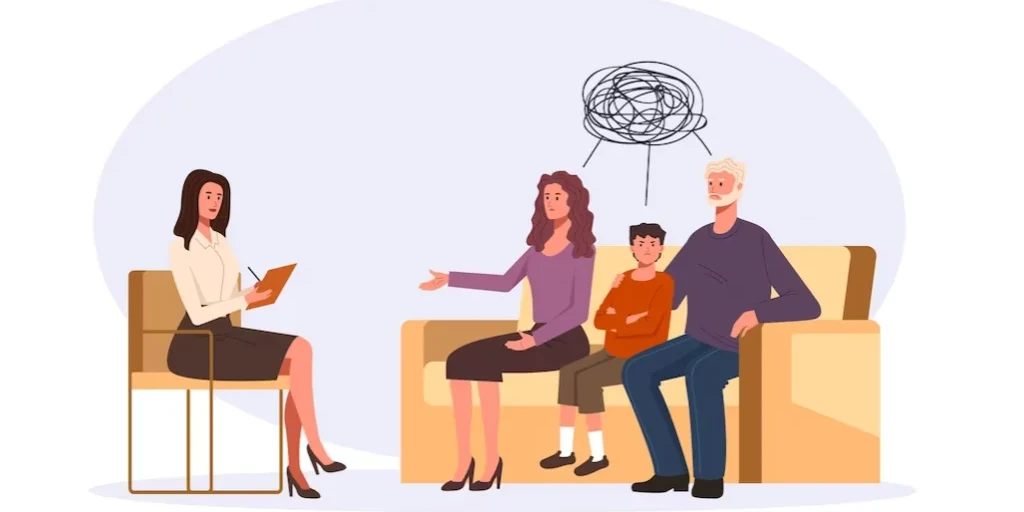24/7 Helpline:
(866) 899-221924/7 Helpline:
(866) 899-2219
Learn more about Eating Disorder Treatment centers in Fowler
Eating Disorder Treatment in Other Cities

Other Insurance Options

Health Net

BlueCross

Humana

BlueShield

BHS | Behavioral Health Systems

Holman Group

MHNNet Behavioral Health

Health Choice

Optum

CareFirst

WellCare Health Plans

United Health Care

ComPsych

Multiplan

Sliding scale payment assistance

Cigna

Premera

PHCS Network

Providence

Absolute Total Care




























Wabash Valley Alliance
Wabash Valley Alliance's mission is to provide quality behavioral health and addictions care based o...




































































